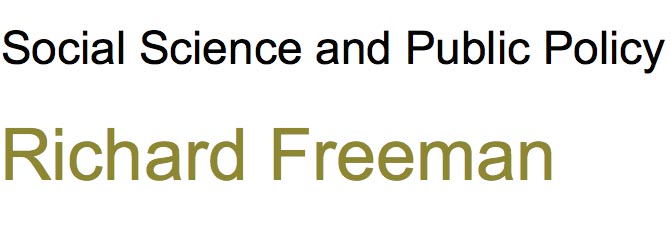 This paper picks up a theme from the recent literature on the councillor, that of time spent in meeting, and suggests that if we are to understand the role of the councillor we must understand the work the meeting does. The discussion is based in a series of empirical studies, and uses interactionist precepts to identify and explore the dynamics of the informal encounter, the more formal meeting and its associated paperwork, and the special if ambiguous function of meetings about meetings. It draws on recent institutionalist theorising to describe how the routines and processes of meeting must be inhabited and enacted in practice, positioning them in Arendt’s sense of politics as action and interaction. In concluding, it considers how future research might explore the ways that meetings are separated from the world to which they refer, and how different meetings and kinds of meeting are articulated one with another.
This paper picks up a theme from the recent literature on the councillor, that of time spent in meeting, and suggests that if we are to understand the role of the councillor we must understand the work the meeting does. The discussion is based in a series of empirical studies, and uses interactionist precepts to identify and explore the dynamics of the informal encounter, the more formal meeting and its associated paperwork, and the special if ambiguous function of meetings about meetings. It draws on recent institutionalist theorising to describe how the routines and processes of meeting must be inhabited and enacted in practice, positioning them in Arendt’s sense of politics as action and interaction. In concluding, it considers how future research might explore the ways that meetings are separated from the world to which they refer, and how different meetings and kinds of meeting are articulated one with another.
